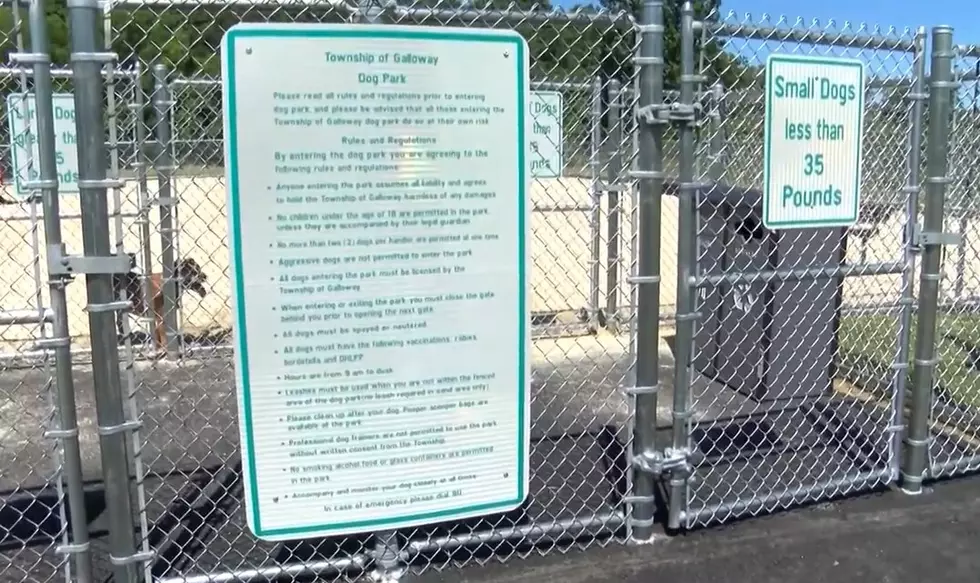
How NJ colleges are tackling campus sexual assault
In June 2017, the New Jersey Task Force on Campus Sexual Assault released a set of recommendations for colleges and universities on how they can better address the sensitive issue.
An all-day conference on Thursday gives advocates, leaders, and service providers a chance to see if and how those recommendations are being implemented, and offers schools an opportunity to learn best practices underway elsewhere that they may be able to adopt themselves.
“While the federal landscape has shifted considerably since the release of our Campus Sexual Assault Task Force Report in 2017, what hasn't changed is New Jersey’s commitment to ensuring students continue to be protected by robust, evidence-informed policies that create safe, equitable learning environments for all," said Patricia Teffenhart, executive director of the New Jersey Coalition Against Sexual Assault and co-chairwoman of the task force.
"Today, we'll affirm that commitment by providing tangible examples of how schools can work to implement the policy recommendations we issued in 2017, such as implementing campus climate surveys, understanding the campus adjudication process, and working with community based partners to meet students' needs."
Attorney General Gurbir Grewal is scheduled to make remarks during the New Jersey Conference on Campus Sexual Violence, taking place at the Rutgers Continuing Education Center in the Somerset section of Franklin.
The event, hosted by the Center on Violence Against Women and Children at the Rutgers University School of Social Work, is sold out, with several people on a waiting list to attend.
"I believe that our colleges and universities in New Jersey are actually ahead of the curve in trying to address these issues," said Sarah McMahon, VAWC director and a member of the task force. "Through the conference, it's another example of a way that we're trying to be proactive and solution focused, and working together to try to create safer and healthier campus communities."
Adhering to recommendations from the task force, McMahon said, Rutgers conducts "campus climate surveys" on all Rutgers campuses, gauging such things as students' knowledge of resources related to sexual assault, and their willingness to intervene in an incident. Staff use that information to form an action plan.
"The action plan looks different on each campus, depending on what our findings were and what the needs of the students were," McMahon said.
The conference, while focused on higher education institutions, is also welcoming secondary school administrators. A recommendation from the task force was that students receive education on campus sexual assault prior to arriving at their college or university.
"We're looking for ways to bridge the work ... that's being done on our campuses across the state with high schools who are looking to address these issues, knowing that it's affecting their students as well," McMahon said.
Beyond the task force and its recommendations, McMahon said, there's been a palpable shift over the past five to 10 years in the way sexual violence and harassment are handled and viewed on college campuses.
"I also think we're at a place in our society where students and their families, and the public as a whole, are demanding accountability from universities and colleges," she said.
More from New Jersey 101.5:
Contact reporter Dino Flammia at dino.flammia@townsquaremedia.com.
More From Lite 96.9 WFPG










